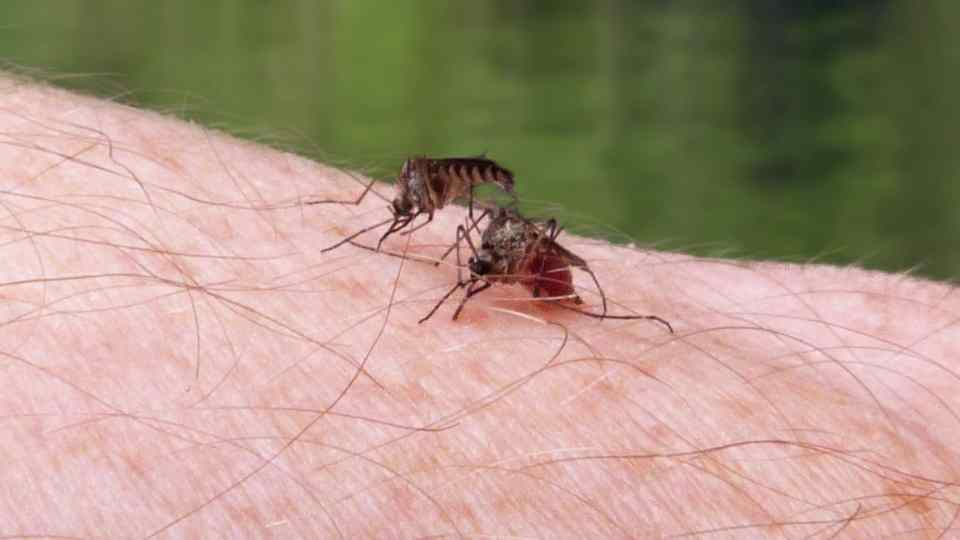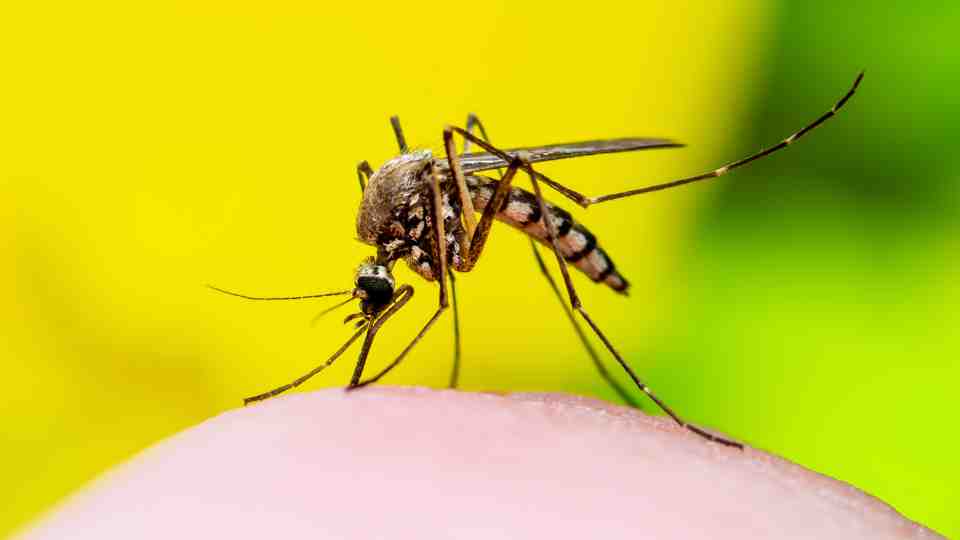Malaria
Malaria is a serious and sometimes fatal disease caused by the bite of mosquitoes infected with the Plasmodium parasite. Five species of this parasite can infect humans, with Plasmodium falciparum being the most dangerous due to its potential to cause severe illness and life-threatening complications. Malaria is prevalent in tropical regions, including Africa, Asia, Central and South America, the Caribbean, the Middle East, and Oceania. It is preventable and treatable when diagnosed promptly. Despite its preventability, around 1,500 cases of malaria are reported annually in travellers returning to the UK, often due to inadequate use of protective measures like anti malaria tablets or bite prevention strategies.
Certain groups of travellers are at higher risk, including those visiting friends and relatives in malaria-endemic areas, as any natural immunity gained in their home country quickly diminishes after living in the UK. Additionally, children, pregnant women, older adults, and those with compromised immune systems or absent spleens face an elevated risk of severe complications. The level of malaria risk varies depending on the destination, season, type of accommodation, and individual activities.

Symptoms
Malaria symptoms usually appear within 7 to 30 days of an infected mosquito bite, though in some cases, symptoms may take months to develop. Common signs include fever, chills, headache, fatigue, and muscle aches, with some people also experiencing diarrhoea or a persistent cough. While all forms of malaria can cause significant discomfort and illness, Plasmodium falciparum infections can progress rapidly, leading to severe complications such as cerebral malaria, organ failure, or even death without immediate treatment. Early diagnosis is essential to reduce the risk of complications, and anyone experiencing symptoms during or after travel to a malaria-endemic area should seek urgent medical attention.

Prevention
Although there is no widely available malaria vaccine for most travellers, malaria can be effectively prevented through a combination of strategies summarised as the ABCD of malaria prevention: Awareness of risk, Bite prevention, Chemoprophylaxis (anti malaria tablets), and Diagnosis of symptoms. Anti malaria tablets are an essential tool in preventing infection and are prescribed based on the destination, local resistance patterns, and the traveller’s health history. Some tablets are taken daily, while others are taken weekly, and it is crucial to adhere to the prescribed regimen to ensure full protection.
In addition to medication, bite prevention is vital. This includes using insect repellent, sleeping under mosquito nets, and wearing long-sleeved clothing, especially at night when mosquitoes are most active. Travellers should remain vigilant for symptoms up to a year after returning from a malaria-endemic region, as early treatment can save lives. Specialist advice from a healthcare professional is essential to ensure the right prevention measures are tailored to the individual’s travel plans and health status.
Book Now
Book your appointment with us today to receive your antimalarials and other essential travel vaccinations. Let us help you travel with confidence and peace of mind.


